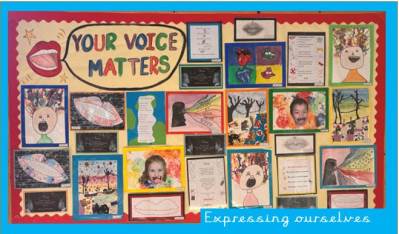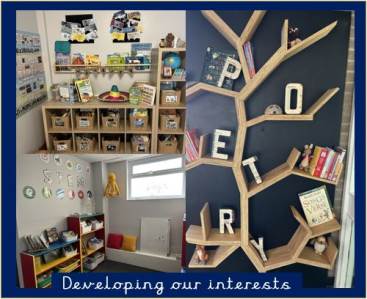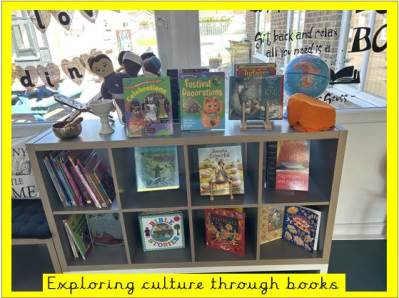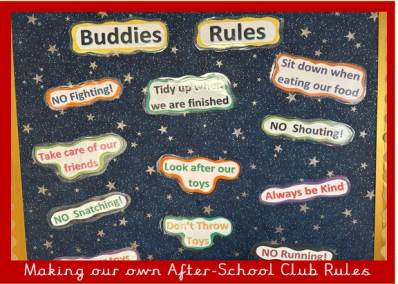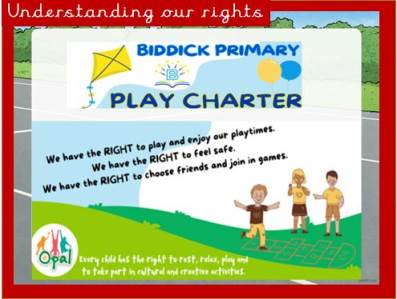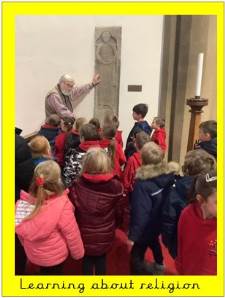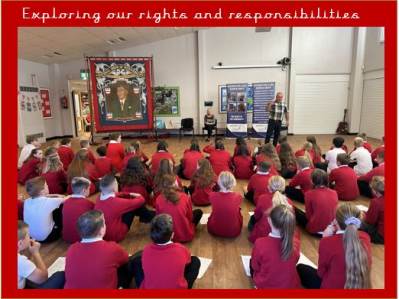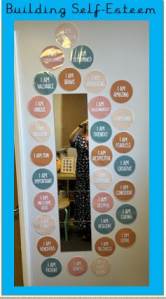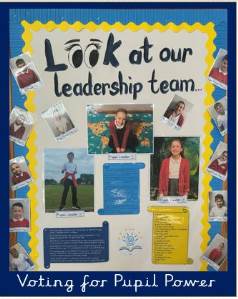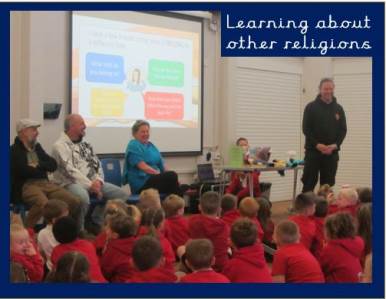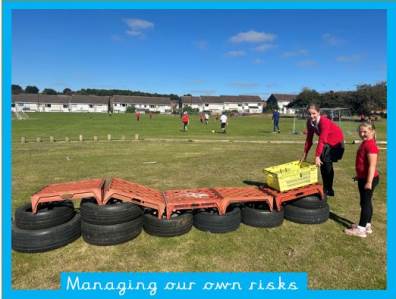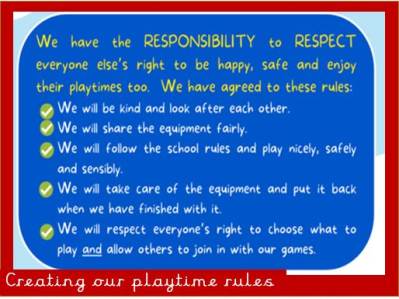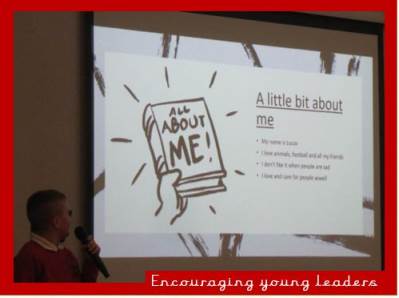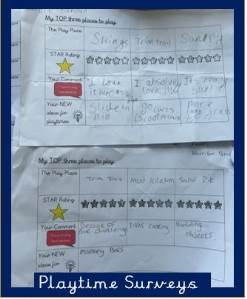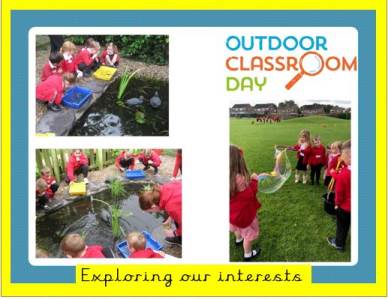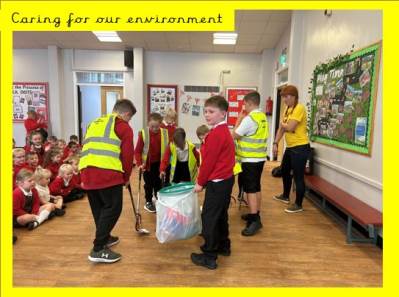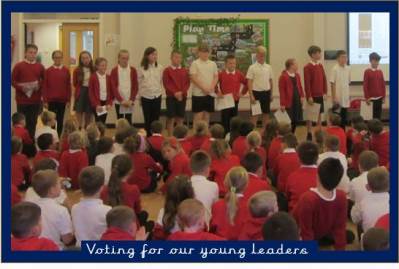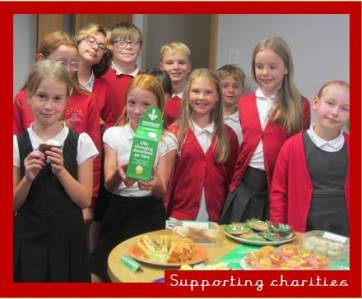British Values
British Values Statement
Our school is committed to actively promoting British values to ensure that our pupils leave school fully prepared for life in modern Britain.
The government emphasises that all schools should ensure that they teach pupils about British values of:
- Democracy
- The rule of law
- Individual liberty
- Mutual respect and tolerance of those with different faiths and beliefs
We take every opportunity to promote these values, and to ensure our pupils:
- Understand the democratic process and how citizens can have a say in decision making.
- Recognise the advantages of living under the rule of law and how law is essential for a safe society.
- Understand that there is a separation of power between the executive and the judiciary and why it exists.
- Understand that the freedom to hold varying faiths and beliefs, including no religious faith, is protected in law, and that it is vital to accept people who have different faiths and beliefs without discriminating against them in any way.
- Value the importance of identifying and combatting extremism.
We promote British values both within and beyond the classroom and these values are at the heart of our ethos. Here are just some of the ways our school seeks to embed the teaching of British values.
Democracy
Pupil voice is significant to school life at Biddick Primary School; our children know that their views count and that they are actively involved in making our school a safe and happy place to be.
We do this in school through:
- Voting for Pupil Leadership Team and Pupil Power representatives.
- Giving children a voice and seeking their views e.g. charities to support, organisation of whole-school events, development of our playground and after school club provision. purchase of new playground equipment/designs; routines and systems at lunchtimes.
Involving children in deciding on and organising whole school events.
- Surveys seeking children’s views.
- Design of the curriculum through children expressing an interest as to what is taught.
- Our whole school ethos and through our interactions with children and the school’s behaviour system.
- Discussion of topical issues in assemblies and class PHSE work.
- A carefully planned curriculum, which allows children to explore ways of expressing their opinions e.g. in Y3/4 topic of Greece Lightning, our children look at the changes in Athens and Sparta.
The Rule of Law
The importance of having rules is stressed every day so that our school is a calm and safe place to be. Pupils are taught the values and reasons behind rules; that they govern and keep us safe, the responsibilities that this involves and the consequences when rules are broken.
We do this in school through:
- Our consistent behaviour system and development of class rules
- Playground rules
- Assemblies and celebrations
- Meetings with parents
- The use of story to help pupils distinguish between right and wrong in their everyday interactions.
- Our work with the local community and visits/visitors.
- A carefully planned curriculum, which allows children to explore rights and responsibilities. For example, in Victorian Times and Local Mines, Y5/6 explore compare rights in other times of history e.g. Y5/6 study of Christopher Drummond and child labour.
Individual Liberty
We invest a great deal of time in creating a positive culture in our school, so that children are in a safe environment where choices and freedoms are encouraged.
We do this in school through:
- Supporting pupils to develop their self-knowledge, self-esteem and self-confidence e.g. through all areas of teaching and learning in school.
- Encouraging pupils to take responsibility for their behaviour, as well as knowing their rights e.g. through all of their interaction with adults and each other.
- Challenging stereotypes e.g. through SMSC/PHSE work and assemblies.
- Implementing a strong anti-bullying culture.
- A carefully planned curriculum, which celebrates individuality and special events such as Super Duper You Day in EYFS.
Mutual Respect and Tolerance
Mutual respect is at the core of our school life. Both staff and pupils have mutual respect, and this is evident in everyday life. Children learn to treat each other and staff with great respect. This is evident when walking around our school and in the classrooms and many visitors to school comment on this when visiting our school.
We do this in school through:
- Helping pupils to acquire an understanding of, and respect for, their own and other cultures and ways of life e.g. through our RE work and SMSC/PHSE.
- Challenging prejudicial or discriminatory behaviour e.g. through discussion and use of illustrative materials as well as our approach to behaviour in school.
- Organising visits to places of worship e.g. visits to the local churches and other diverse places of worship as appropriate to the curriculum.
- Developing critical personal thinking skills throughout our curricular work.
- Discussing differences between people, such as differences of faith, ethnicity, disability, gender or sexuality and differences of family situations, such as looked-after children or young carers e.g. through our SMSC/PHSE and broader curricular work
- Celebration of events, such as International Women’s Day, Cultural Diversity Day and Anti-bullying Week.
- Supporting charities such as Children in Need or Washington Food Bank.
- Welcoming visitors to school to share their experiences such as Keep Washington Tidy.
- A carefully planned curriculum, which promotes tolerance and mutual respect e.g. KS1 children learn about Mary Seacole and her experiences during the Crimean War.
Promoting British Values




